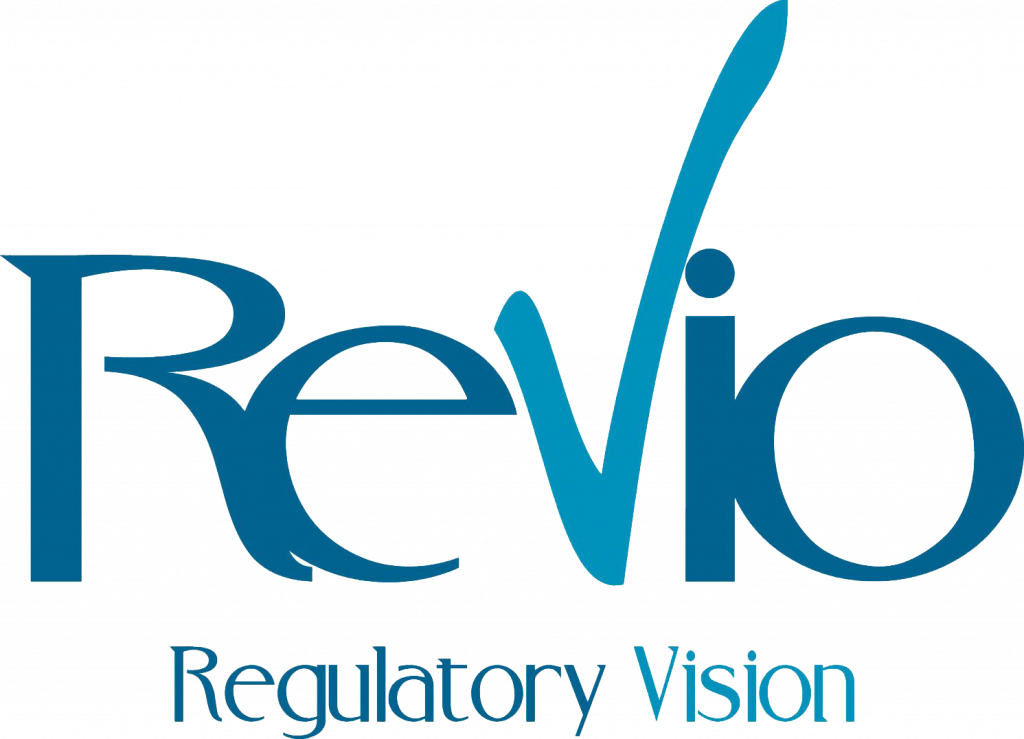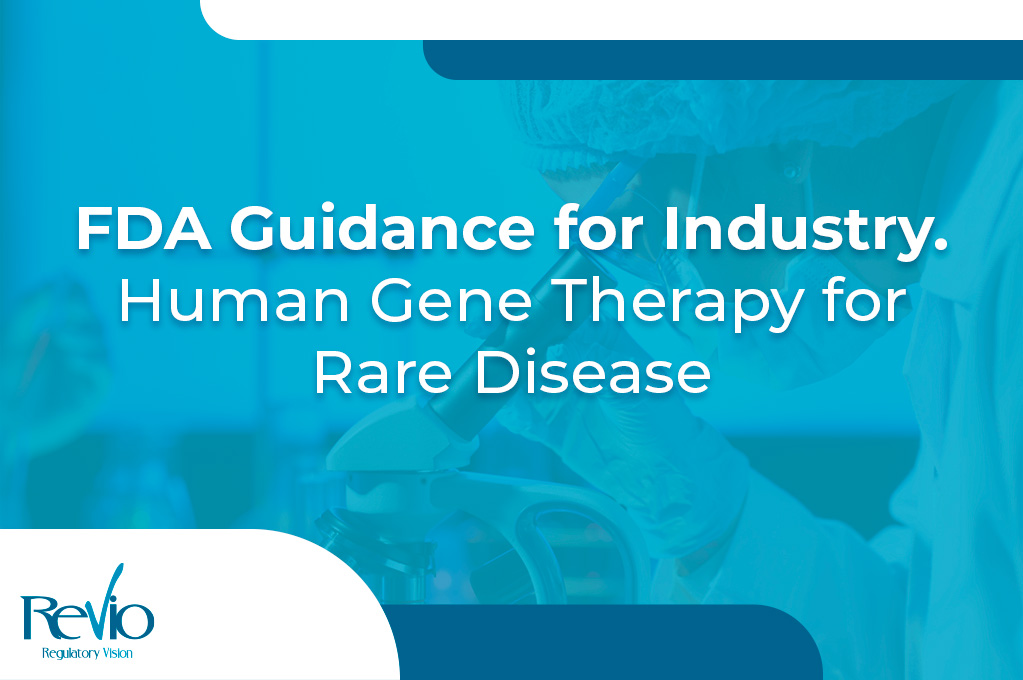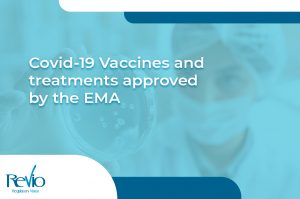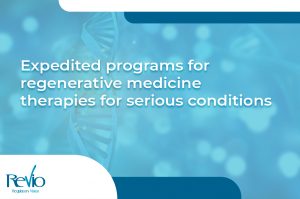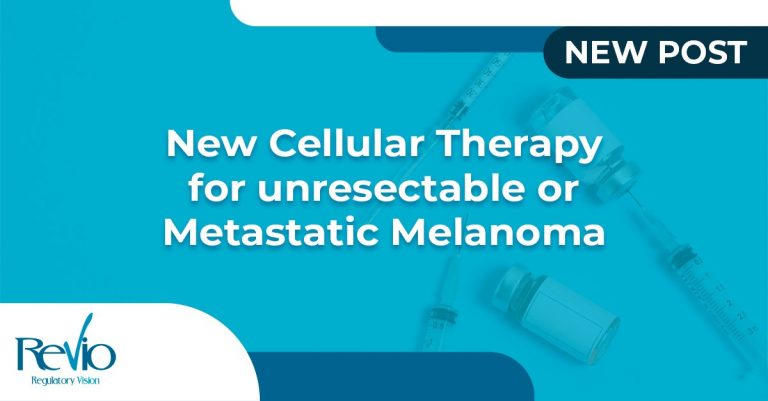Today, from Revio, we would like to share an overview on the FDA’s scientific guideline to “Human Gene Therapy for Rare Diseases”, that provides recommendations on the manufacturing, preclinical, and clinical development of these products. Most rare diseases have no approved therapies and many also are serious or life-threatening conditions, proving the significant unmet medical need for effective treatments.
CONSIDERATIONS FOR CHEMISTRY, MANUFACTURING AND CONTROLS
Some aspects of the development programs for rare disease, such as limited population size and fewer lots manufactured, may make it challenging to follow traditional product development strategies. Some product-specific considerations may include:
- Product-related variations may have a pronounced effect on the interpretability of clinical data in rare disease studies. Such as empty and wild-type viral particles in vital vectors, and variability in genetically modified cell therapies.
- Potency assays which are critical to assess product functional activity, consistency and stability, and to provide evidence of comparability after changes to the manufacturing process.
- Due to lack of starting materials and reference information, sponsors are encouraged to consider implementing manufacturing changes needed for commercial-scale production and demonstrating product comparability prior to the initiation of clinical trials intended to provide substantial evidence of effectiveness for a marketing application.
CONSIDERATIONS PRECLINICAL TRIALS
Although not specific for rare diseases, the following elements are recommended in the development of a preclinical program for an investigational GT product:
- Preclinical in vitro and in vivo proof-of-concept (POC) studies are recommended to establish feasibility and support the scientific rationale for administration of the investigational GT product in a clinical trial.
- Biodistribution studies should be conducted to assess the distribution, persistence and clearance of the vector from the site of administration to target and non-target tissues.
- Toxicology studies for an investigational GT product should incorporate elements of the planned clinical trial to the extent feasible.
CONSIDERATIONS FOR CLINICAL TRIALS
The guidance discusses important elements recommended for consideration during clinical development of investigational GT products for the treatment of rare diseases:
Study Population
Selection of the study population should consider existing preclinical and clinical data to determine the potential risks and benefits for the study subjects. If the disease is caused by a genetic defect, the sponsor should perform genetic tests for the specific defects of interest in all clinical trial subjects.
Study Design
Randomized, concurrent-controlled trials are generally considered the ideal standard for establishing effectiveness and providing treatment-related safety data. Sponsors should consider designing their first-in-human study to be an adequate and well-controlled investigation with the potential to provide evidence of effectiveness to support a marketing application.
Dose Selection
Dose selection should be informed by all available sources of clinical information. Leveraging non-human data obtained in animal models of disease and in vitro data may be, in some cases, the only way to estimate a starting human dose that is anticipated to provide benefit.
Safety Considerations
Clinical trials should include a monitoring plan that is adequate to protect the safety of clinical trial subjects. The elements and procedures of the monitoring plan should be based upon the patient’s disease, what is known about the GT product, including dosing frequency, preclinical toxicology, as well as CMC information.
Efficacy Endpoints
Sponsors should understand the pathophysiology and natural history of a disease as fully as possible at the outset of product development. Full understanding of mechanism of product action is not required for marketing approval.
Patient Experience
Patient experience data may provide important additional information about the clinical benefit of a GT product. Sponsors are encouraged to collect patient experience data during product development, and to submit such data in the marketing application.
EXPEDITED PROGRAMS
There are several programs that may be available to sponsors of GTs intended to address unmet medical needs in the treatment of serious or life-threatening conditions (regenerative medicine advanced therapy designation, breakthrough therapy designation, fast track designation, accelerated approval and priority review). These programs are intended to facilitate and accelerate development and review of these therapies. For example some programs may offer sponsors more frequent interactions with FDA on efficient trial design and overall drug development.
This is some of the information included in the official FDA’s guide document. If you want to check the complete guideline you can check it here!
We have launched an specialised course on development of Advanced Therapies, where we talk about CMC Challenges including Comparability, feel free to consult it here! If you are interested. COURSE HERE.
Also, we have a dedicated webpage to bring you the latest updates, guidance and developments. You can also follow us on LinkedIn.
We hope you find this useful and of interest. If you would like to discuss any of these updates with the team at REVIO, please get in touch here.
